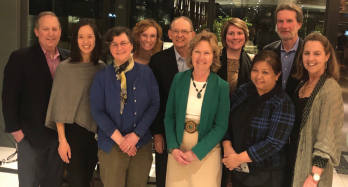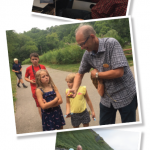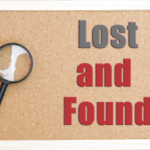Shared Expertise

The global strategy task force
BACK ROW FROM LEFT: Steven Echard, IOM, CAE; Lesley Jackson, MD; Eric Matteson, MD; Julie Anderson, CAE, MBA; Richard Bucula, MD, PhD. FRONT ROW FROM LEFT: Evelyn Hsieh, MD, PhD; Marisa Klein-Gitelman, MD, MPH; Janet Poole, PhD, OT; Karina Torralba, MD, MACM; Christine Stamatos, DNP, ANP-C.
NOT PICTURED: Maura Iverson, MPH, DPT, PT, DSc; Wambui Machua, MD;
Catalina Sanchez, MD; Jose Scher, MD.
The ACR already plays an important role in supporting rheumatologists around the world, especially in regions with few rheumatologists and limited resources compared to the U.S., says Dr. Matteson.
“We could make our educational portfolio more accessible to providers and patients in underserved areas. We have a number of existing educational offerings, and we’re going to address how to consolidate them. ACR membership is also highly valued by rheumatologists worldwide, and the task force is reviewing more ways for them to become ACR members,” he says.
“We are also reviewing mechanisms to provide rheumatology training to more people that includes partnering with local associations and other rheumatology leagues. We will investigate how to best provide educational programming to rheumatologists and rheumatology professionals in different regions that are represented by other organizations,” Dr. Matteson adds.
For example, the ACR could foster more research collaborations and share research training expertise with societies in regions with few rheumatologists and scarce resources, he says.
The ACR is already a global leader in rheumatology. Our efforts should enhance that reputation, and that’s one of the factors driving this initiative.
“The ACR already has a global presence. But we believe the impact could be greater if these initiatives are better coordinated,” says Dr. Hsieh. “Efforts that are currently created in an ad hoc manner could be more sustained, and programs could build on and synergize with each other. Right now, there’s a great opportunity for clinical, training, research and education collaboration all over the world.”
Susan Bernstein is a freelance journalist based in Atlanta.


